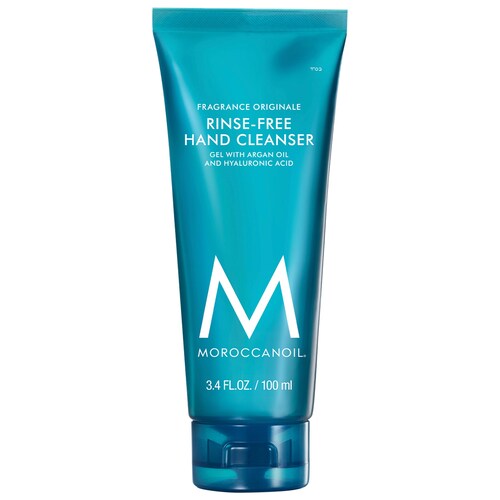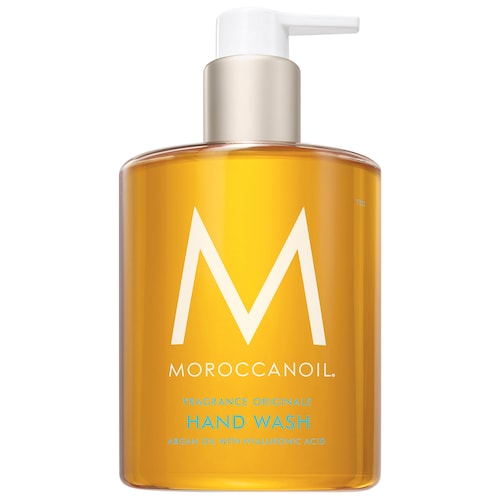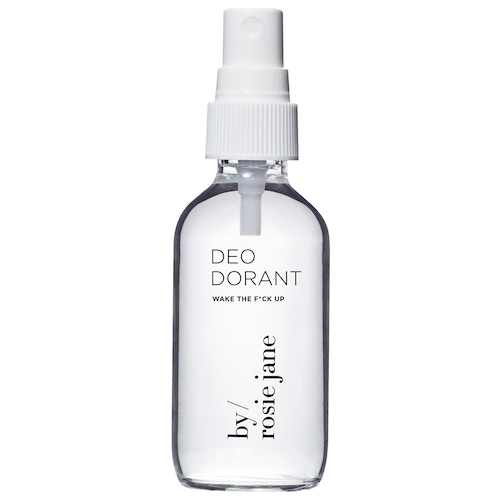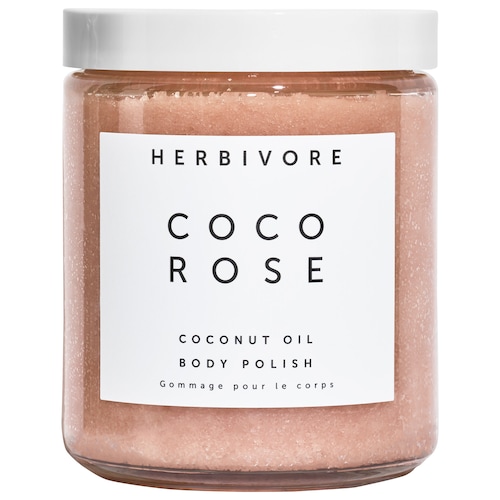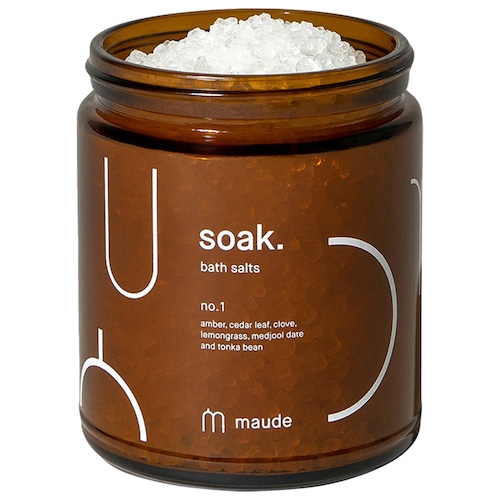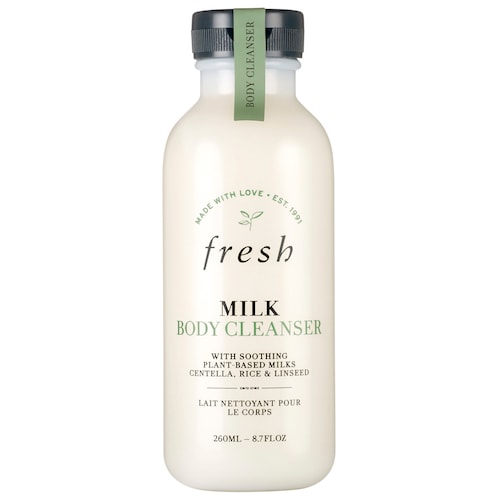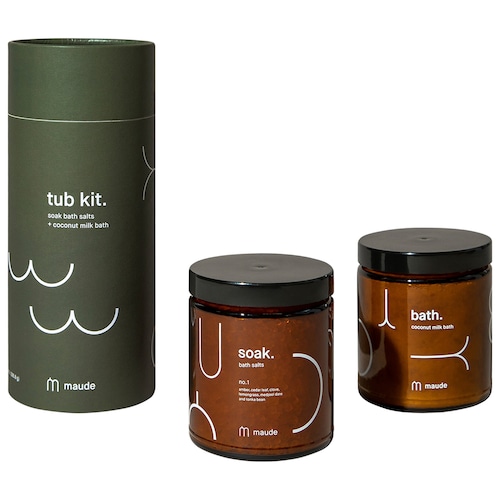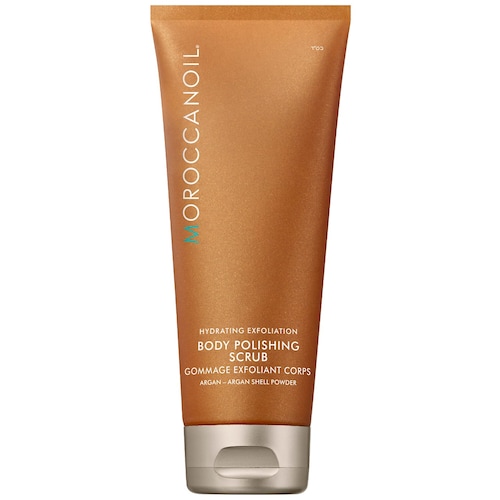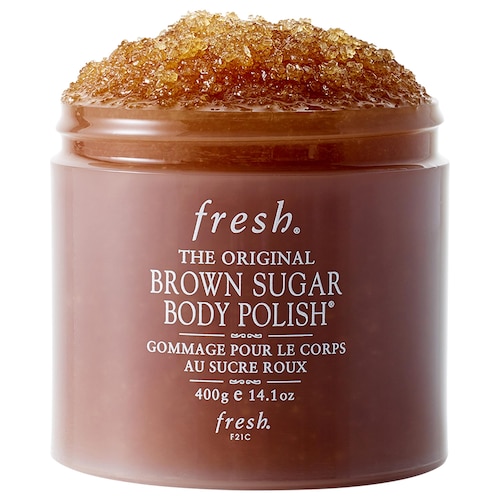Hand wash is a personal hygiene practice that involves cleansing the hands to remove dirt, bacteria, and germs. It is a simple yet effective way to prevent the spread of diseases and maintain good health. Hand washing is recommended by healthcare professionals worldwide as a crucial step in maintaining proper hand hygiene.
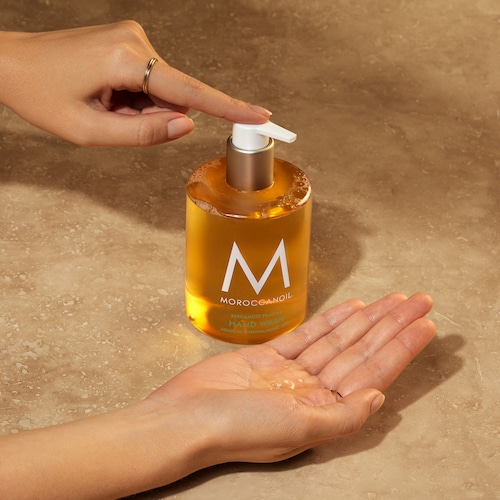
The process of hand washing typically involves wetting the hands with clean running water, applying soap, and lathering the hands thoroughly. This lathering action helps to create a friction that aids in the removal of dirt, oils, bacteria, viruses, and other microorganisms from the skin's surface. It is important to wash all areas of the hands, including the palms, back of hands, fingers, and under the nails.
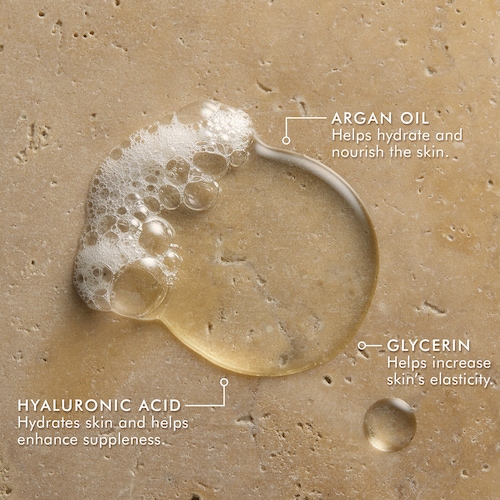
After thorough lathering, hands should be rinsed well under running water to remove all traces of soap and dirt. The use of running water is preferred over standing water as it helps to wash away contaminants more effectively. Once rinsed, hands should be dried using a clean towel or air dryer.

Hand washing is especially important in certain circumstances, such as:
- Before preparing or eating food - Hand washing before handling food helps to eliminate bacteria and other contaminants that could potentially cause foodborne illnesses.
- After using the restroom - Washing hands after using the restroom helps to prevent the spread of fecal-oral bacteria and other pathogens that can cause gastrointestinal infections.
- After coughing, sneezing, or blowing your nose - Hand washing after coughing or sneezing helps to limit the transmission of respiratory viruses and bacteria.
- After touching animals or their waste - Animal contact can introduce harmful bacteria to the hands. Washing hands afterwards reduces the risk of contracting zoonotic diseases.
- Before and after caring for someone who is sick - Hand washing is crucial when coming into contact with individuals who are ill to minimize the risk of spreading germs.
It is worth noting that hand washing with soap and water is the preferred method for maintaining hand hygiene. However, when soap and water are not readily available, an alcohol-based hand sanitizer can be used as an alternative. Hand sanitizers should contain at least 60% alcohol to be effective in killing germs.
Regular and proper hand washing is a vital practice that everyone should adopt. By taking a few seconds to wash our hands, we can greatly reduce the risk of contracting and spreading illnesses, ultimately promoting a healthier and safer environment for ourselves and those around us. Description by ChatGPT.



